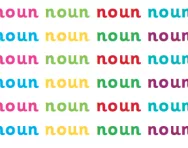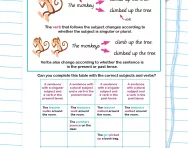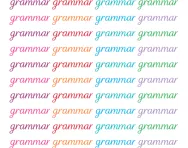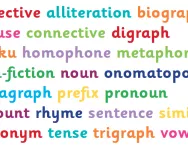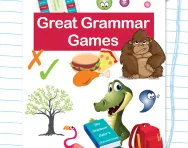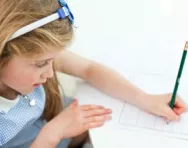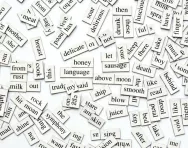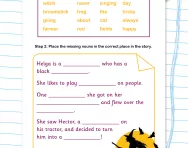Important update from TheSchoolRun
For the past 13 years, TheSchoolRun has been run by a small team of mums working from home, dedicated to providing quality educational resources to primary school parents. Unfortunately, rising supplier costs and falling revenue have made it impossible for us to continue operating, and we’ve had to make the difficult decision to close. The good news: We’ve arranged for another educational provider to take over many of our resources. These will be hosted on a new portal, where the content will be updated and expanded to support your child’s learning.
What this means for subscribers:
- Your subscription is still active, and for now, you can keep using the website as normal — just log in with your usual details to access all our articles and resources*.
- In a few months, all resources will move to the new portal. You’ll continue to have access there until your subscription ends. We’ll send you full details nearer the time.
- As a thank you for your support, we’ll also be sending you 16 primary school eBooks (worth £108.84) to download and keep.
A few changes to be aware of:
- The Learning Journey weekly email has ended, but your child’s plan will still be updated on your dashboard each Monday. Just log in to see the recommended worksheets.
- The 11+ weekly emails have now ended. We sent you all the remaining emails in the series at the end of March — please check your inbox (and spam folder) if you haven’t seen them. You can also follow the full programme here: 11+ Learning Journey.
If you have any questions, please contact us at [email protected]. Thank you for being part of our journey it’s been a privilege to support your family’s learning.
*If you need to reset your password, it will still work as usual. Please check your spam folder if the reset email doesn’t appear in your inbox.
What is a collective noun?
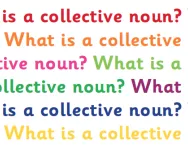
What is a collective noun?
A collective noun is a noun used to refer to a group of things.
For example: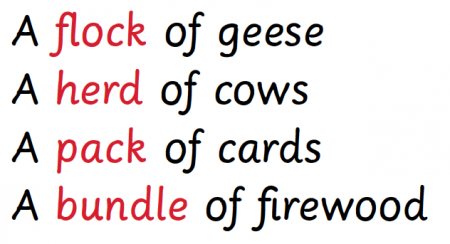
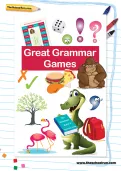
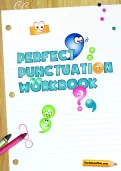
Download Fantastic FREE Grammar Resources!
- Perfect Punctuation Workbook
- Grammar Games Pack
- PLUS 100s of other grammar resources
You do not always need to have 'of....' after the collective noun; we also talk about a family, a jury, a team, an audience or a congregation.
In terms of subject-verb agreement, most collective nouns can be treated as singular or plural so we can use a singular verb or a plural noun when we use them. For example:
The whole class love their teacher. (singular verb)
OR
The whole class loves their teacher. (plural verb)
Some collective nouns, like people and police, are always used with a plural verb.
What are children taught at each stage of primary school regarding collective nouns?
Collective nouns are not found in the 2014 curriculum or in the latest Grammar, Punctuation and Spelling tests.
What could you do at home to help your child understand collective nouns?
Collective nouns can be really interesting and funny! Why not investigate some online? Kids' facts website Jellyquest has a comprehensive collective nouns list.


A beautiful collective nouns range is available from Perkins & Morley. Image © Perkins and Morley
- Cut up some pieces of green card and write the following on each: bees, flowers, people, trees, fish, wolves, grapes, puppies. Now cut up some pieces of yellow card and write the following on each: crowd, pack, litter, bunch, swarm, bouquet, forest, shoal. Ask your child to match the green cards to the yellow cards. (Answers: a crowd of people, a pack of wolves, a litter of puppies, a bunch of grapes, a swarm of bees, a bouquet of flowers, a forest of trees, a shoal of fish.)
- Give your child some collective nouns that apply to various different things, for example: a pack of..., a series of...., a pile of...., a set of.... Ask your child to see if they can think of two different ways to complete each one.
- Ask your child to name an animal, an object and a particular profession. See if they can find out the collective noun for each of these. If your child is searching online, please make sure you supervise them closely.
- Once your child has done some more research into collective nouns, see if they can write a very short nonsense story including ten collective nouns, for example: 'A crowd of people walked into a forest of trees and saw a pack of wolves who gave them a bouquet of flowers...'

